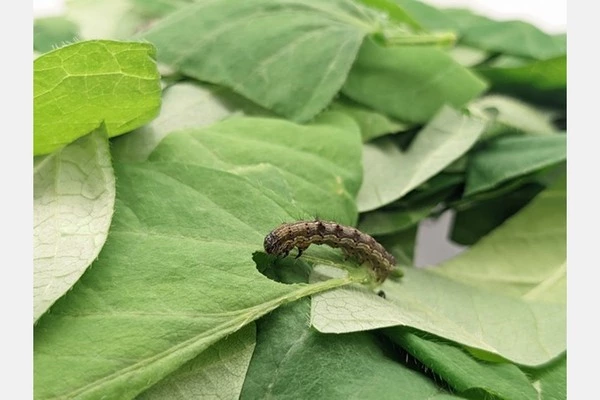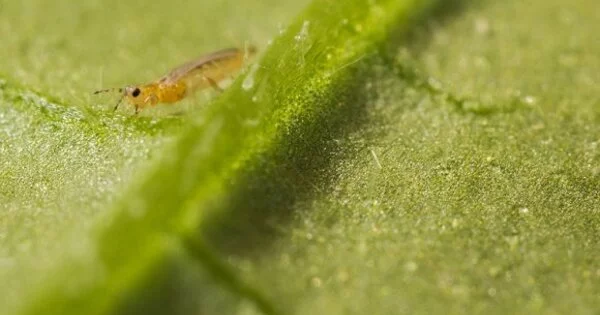Insect resistance to biopesticides is a growing problem that requires a fresh approach to tackle it. This is according to a new analysis that suggests that the current approach to managing insect resistance to biopesticides is not working effectively.
According to a study conducted by scientists at the University of Stirling, insect pests that attack crops have extraordinary abilities to develop resistance to greener pesticides, and a new approach to managing resistance risks is required. Agriculture’s response to pesticide resistance has been to seek new pesticides in an endless race to keep up with evolving pests for more than 70 years.
Researchers now propose a new way for farmers to get off the treadmill as they embrace the ongoing green revolution in pest control by using biopesticides derived from natural organisms. As the world’s population grows, the evolution of resistance to biopesticides, a critical tool in the development of sustainable crop protection, has huge implications for global food security.
To address this emerging challenge, researchers used principles from fundamental evolutionary ecological science to develop a practical framework for managing the risks of biopesticide resistance evolution. Farmers can help manage resistance risks by planting a wider variety of crops and using multiple biopesticides, according to the researchers.
To avoid the same cycle of invention and loss that has occurred with chemical pesticides, novel resistance management approaches are required for these crop protection products. Farmers, according to our point of view, can help manage resistance risks by planting a wider variety of crops and employing multiple biopesticides.
Dr. Matthew Tinsley
The study was supported by a Newton Fund international collaboration between the Biotechnology and Biological Sciences Research Council (BBSRC) in the United Kingdom and the So Paulo Research Foundation (FAPESP) in Brazil, as well as the Swedish Research Council (Vetenskapsrdet).
Scientists from Stirling’s Faculty of Natural Sciences, working with colleagues at the University of Gothenburg and São Paulo State University, conducted a synthesis of existing biopesticide research and argued that resistance evolution is already occurring and is likely to become widespread as biopesticide use continues to increase.

According to Dr. Matthew Tinsley, Senior Lecturer in Biological and Environmental Sciences at the University of Stirling, “People are naive; they believe that because biopesticides are derived from natural sources, pest resistance will be more difficult to evolve, but we still need to be concerned about pest resistance to these new agents. The development of biopesticides takes five to ten years, so if we wait, we will lose these new agents because pests will have evolved.”
Dr Rosie Mangan, post-doctoral researcher at the University of Stirling added:
“To avoid the same cycle of invention and loss that has occurred with chemical pesticides, novel resistance management approaches are required for these crop protection products. Farmers, according to our point of view, can help manage resistance risks by planting a wider variety of crops and employing multiple biopesticides. This will help to slow the spread of resistance and keep biopesticides effective in the long run.”
Overall, the analysis highlights the need for a fresh approach to tackling insect resistance to biopesticides. By adopting a multidisciplinary, collaborative approach, and focusing on understanding the biology of pests and their interactions with biopesticides, it may be possible to develop more effective and sustainable pest management strategies for agriculture.





